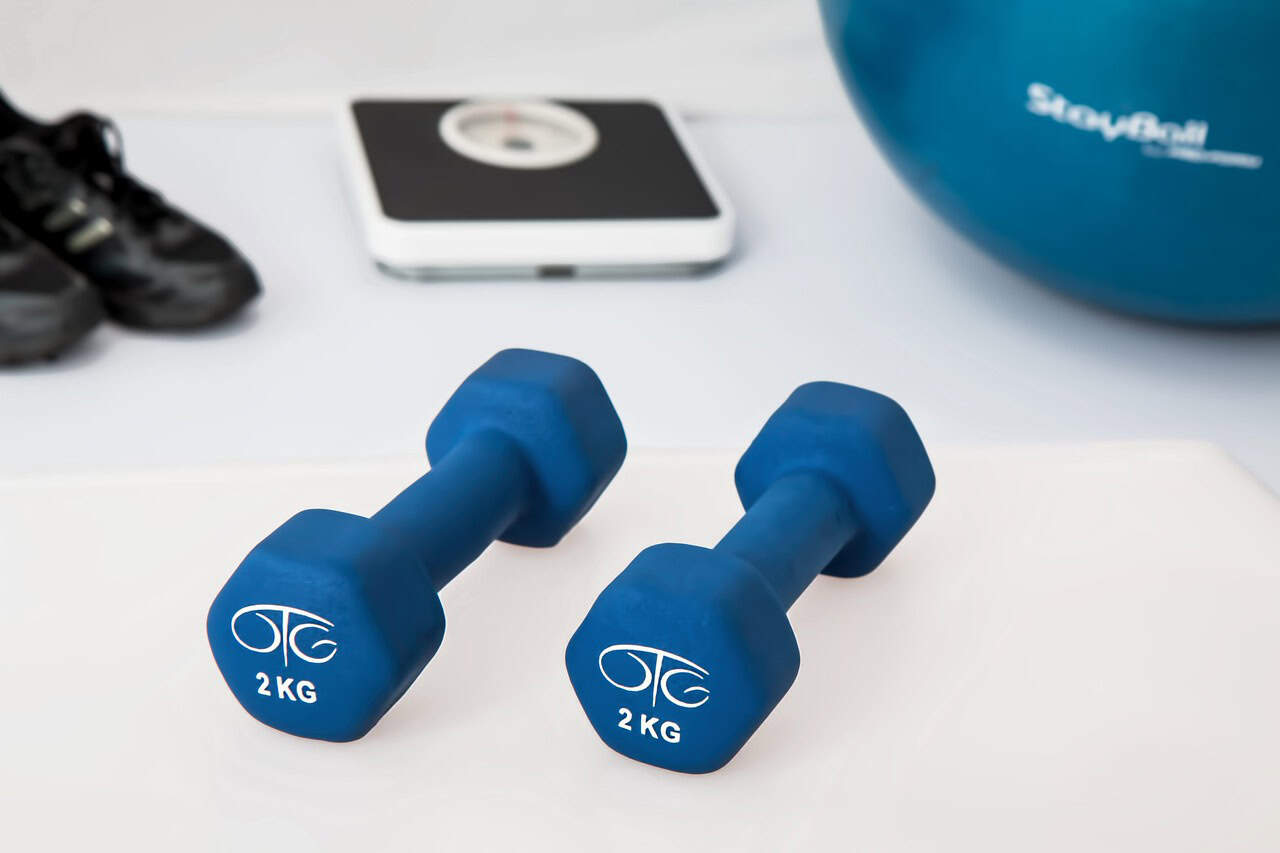Effective Weight Loss: Proven Strategies to Help You Achieve Your Goals
Estimated reading time: 7 minutes
- Focus on whole foods for nutrient adequacy.
- Incorporate regular exercise for optimal weight management.
- Track your progress to enhance motivation.
- Prioritize sleep and stress management for better results.
- Rely on scientifically backed methods for sustainable success.
Table of Contents
- Understanding Effective Weight Loss
- Key Components of Effective Weight Loss
- Summary Table of Effective Weight Loss Approaches
- Practical Takeaways
- Call to Action
- Disclaimer
- Conclusion
Understanding Effective Weight Loss
Weight loss is not a one-size-fits-all journey. Instead, effective and sustainable weight loss involves a combination of dietary strategies, physical activity, and behavioral modifications. These approaches not only help facilitate weight loss but also support overall health and well-being.
Key Components of Effective Weight Loss
1. Balanced, Nutrient-Rich Diet
A nutritious diet is the cornerstone of effective weight loss. Here are some key elements:
- Focus on Whole Foods: Emphasizing natural, unprocessed foods over prepackaged meals is critical. Foods rich in nutrients will provide your body with the necessary vitamins and minerals while promoting a calorie deficit essential for weight loss.
- Hypocaloric Diets: Research suggests that nutritionally balanced, lower-calorie diets (hypocaloric diets) effectively promote weight loss. According to Harvard Health, such diets not only support weight loss but also maintain long-term health.
- Very Low-Calorie Diets (VLCD): Studies indicate that VLCDs can lead to more significant initial weight loss compared to moderate calorie restriction, especially when paired with behavioral modifications [Harvard Health].
2. Regular Physical Activity
Exercise is indispensable for successful weight management and overall health. Consider this:
- Aerobic Exercise: Engage in steady aerobic activities, such as brisk walking or cycling, for at least 30 minutes most days. Such activities help burn calories and reduce body fat—your body will thank you. As noted by Mayo Clinic, regular aerobic exercise contributes to both weight loss and improved cardiovascular health.
- Strength Training: Incorporating strength training exercises, such as weightlifting or bodyweight exercises, at least twice per week helps preserve muscle mass during weight loss. Retaining muscle is crucial for maintaining metabolic health [Medical News Today].
3. Behavioral and Lifestyle Changes
- Mindful Eating: Pay attention to your eating habits. Tracking your caloric intake can improve self-awareness, making it easier to adhere to your weight loss goals.
- Stress Management and Sleep: Managing stress and ensuring adequate sleep are essential. Both factors directly impact how your body regulates weight. Evidence suggests that stress management techniques, such as meditation or yoga, can help you stay on track.
- Intermittent Fasting: Methods such as the 16/8 fasting window, where you restrict eating to an 8-hour window daily, have been shown to reduce caloric intake and support weight loss. The CDC [Centers for Disease Control and Prevention] supports these approaches, noting that lifestyle modifications play a fundamental role in successful weight loss.
4. Scientific Strategies for Rapid and Steady Weight Loss
- Combining Exercise with Caloric Restriction: As Burns et al. suggest, combining moderate exercise with calorie restriction remains the cornerstone of successful weight loss.
- Avoiding Unproven Diets: While many diets promise fast results, it is crucial to avoid unproven methods or supplements lacking scientific support [Medical News Today].
Summary Table of Effective Weight Loss Approaches
| Approach | Description | Benefits | Evidence Base |
|---|---|---|---|
| Balanced hypocaloric diet | Eating fewer calories with nutrient-rich, natural foods | Weight loss, nutrient adequacy | Recommended by dietitians – Harvard Health |
| Very Low-Calorie Diet (VLCD) | Extreme calorie restriction with behavioral support | Greater initial and maintained weight loss | Meta-analysis support – NCBI |
| Regular aerobic exercise | At least 30 minutes of moderate-intensity exercise most days | Fat loss, improved cardiovascular health | Strong evidence – Mayo Clinic |
| Strength training | Muscle strengthening exercises twice weekly | Muscle preservation, metabolism | Recommended by experts – Mayo Clinic |
| Intermittent Fasting | Eating patterns involving fasting periods (e.g., 16/8, 5:2, alternate-day fasting) | Reduced calorie intake, weight loss | Supported by research – Medical News Today |
| Lifestyle modifications | Stress management, proper sleep, and sustained behavior change | Supports long-term maintenance | CDC guidelines – CDC |
Practical Takeaways
- Focus on Nutrition: Incorporate whole foods into your diet to ensure you’re nourishing your body while losing weight.
- Stay Active: Aim for at least 150 minutes of moderate-intensity aerobic activity each week, combined with strength training.
- Monitor Your Progress: Use tools or apps to track your food intake and exercise, fostering self-awareness and motivation.
- Be Mindful: Manage stress through mindfulness, and prioritize sleep to support your weight loss efforts.
- Stick to Science-Backed Methods: Rely on credible information and resist quick-fix diets.
Call to Action
Join our community at Lose That Weight! Connect with like-minded individuals on their weight loss journey and access valuable resources to support you every step of the way.
Disclaimer
Always consult with a healthcare professional before making significant changes to your diet or exercise routine. These strategies are intended to provide general guidance and are not a substitute for professional advice.
Conclusion
In conclusion, effective weight loss is most reliably achieved through a combination of a balanced hypocaloric diet, regular physical activity including both aerobic and strength training, and consistent, sustainable behavioral changes. Intermittent fasting emerges as a scientifically supported eating pattern that aids calorie reduction. Very low-calorie diets may offer more rapid weight loss but require behavioral support for long-term success. For more information, refer to credible sources like the CDC, Harvard Health, and Mayo Clinic to deepen your understanding of effective weight loss.
